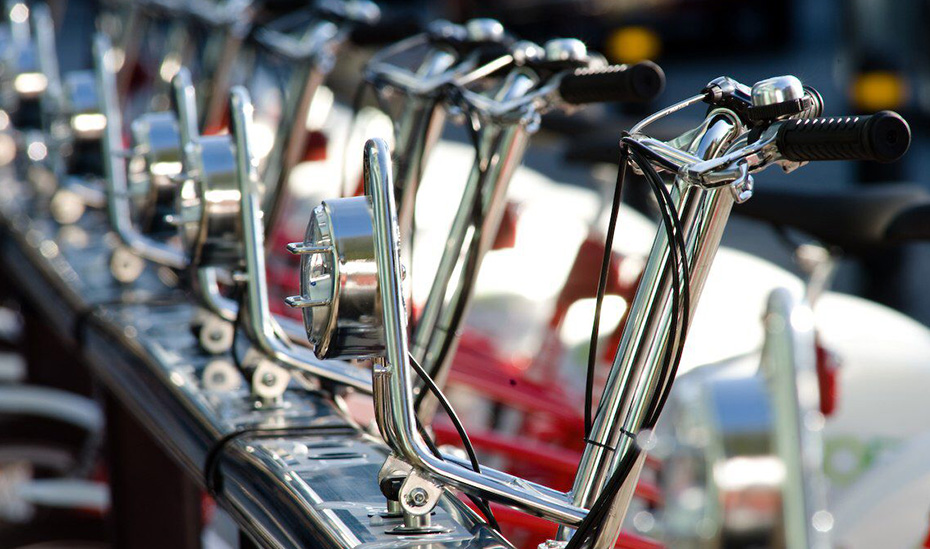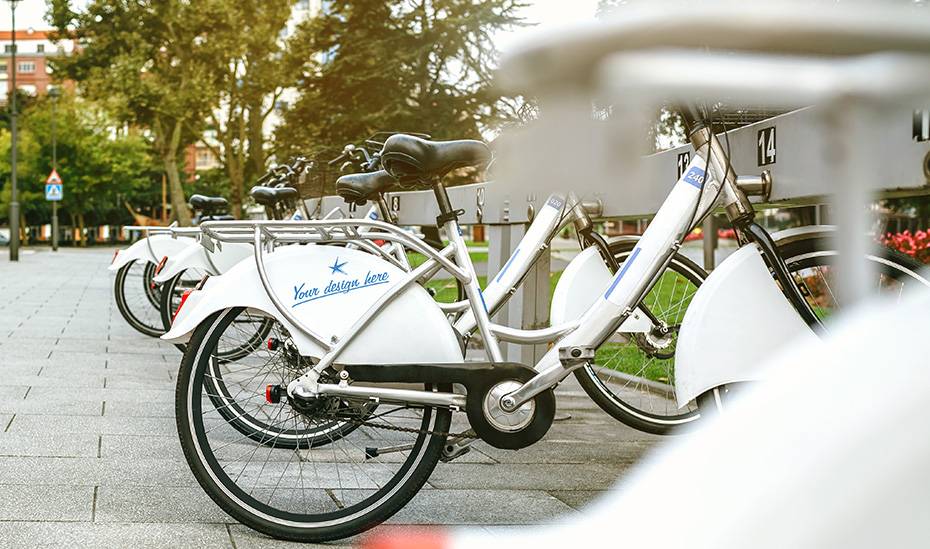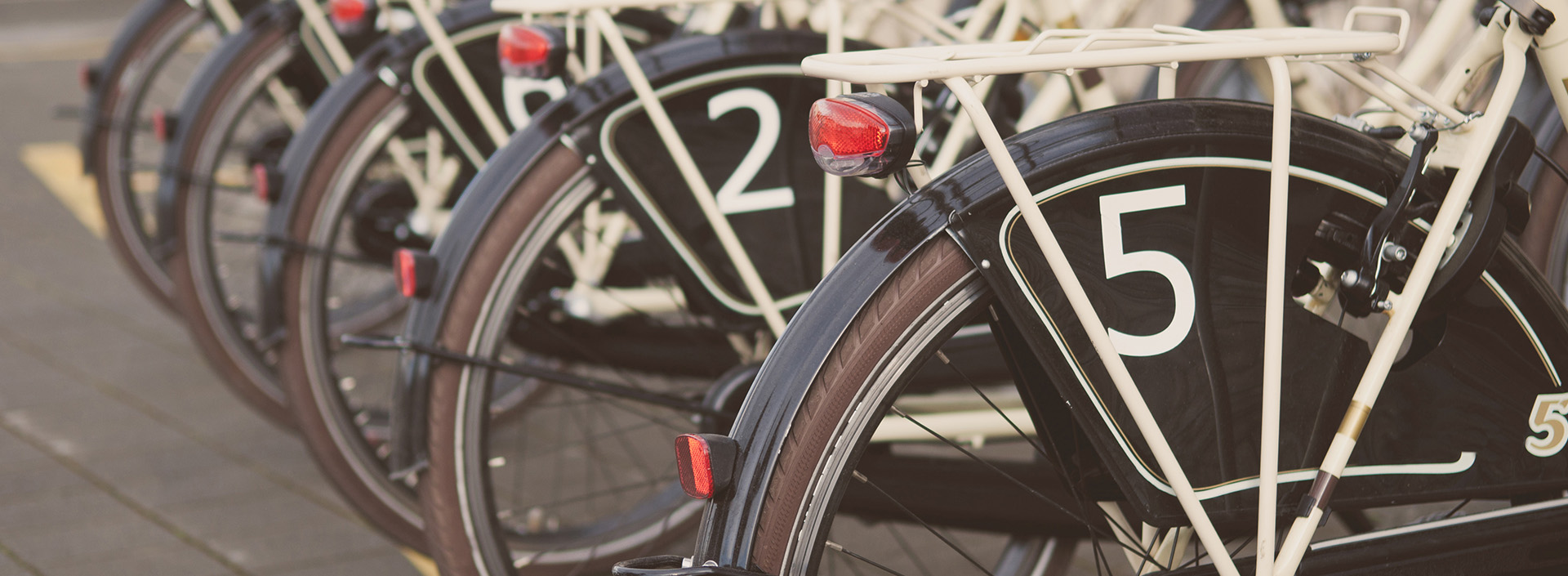The concept of shared bicycles has become an essential part of the mobility of each city where it is carried out; normalizing the use of the bike as a mode of transport. However, few know how this initiative came about and the challenges it had to face so that today it could benefit more than X people in the world.

Ámsterdam, 1965
Pursuing what would then be called a utopia, a group of activists launched the “Witte Fietsenplan” (White Bicycle Plan), leaving 50 bicycles in the street without a lock, available to anyone. The idea was that someone would take a bike, ride to their destination, and then make it available for someone else to repeat the process. Unfortunately, the program did not last long, as the bikes were stolen or damaged.
Although frustrated, that first effort for a different type of mobility managed to sow a seed that years later would grow in numerous European cities and the rest of the world:
- Copenhagen, 1995 – The program “Bycyklen” with 1100 bicycles, allowed to access them by means of coins.
- United Kingdom, 1996 – An internal system at the University of Portsmouth called “Bikeabout”, where exclusively students could take bicycles using an individualized magnetic stripe card.
- Lyon, 2005 – The Vélo’v system is launched with smart electric bicycles, which were accessed through a mobile application.
- Washington, 2008 – Launches SmartBike DC, a pilot program with 10 stations and 120 bikes. In this same year, with 2,800 bicycles, a system was born in China that operates through big data and without the need for stations.
- Mexico City, 2010 – To benefit the modality and being the first in Latin America, the ECOBICI system starts with 85 stations and 1,114 bicycles.
- 2015 – The number of shared bicycles reaches 1 million worldwide, becoming the third most important mode of transport in metropolitan areas.

Today, in the midst of a transformation of its system and with an expansion at the door, ECOBICI continues to be part of what began with a small idea. The public bicycle system is constantly evolving and you can join it, join the group of people who have adopted the bicycle as a fun and ecological alternative to get around the city.

